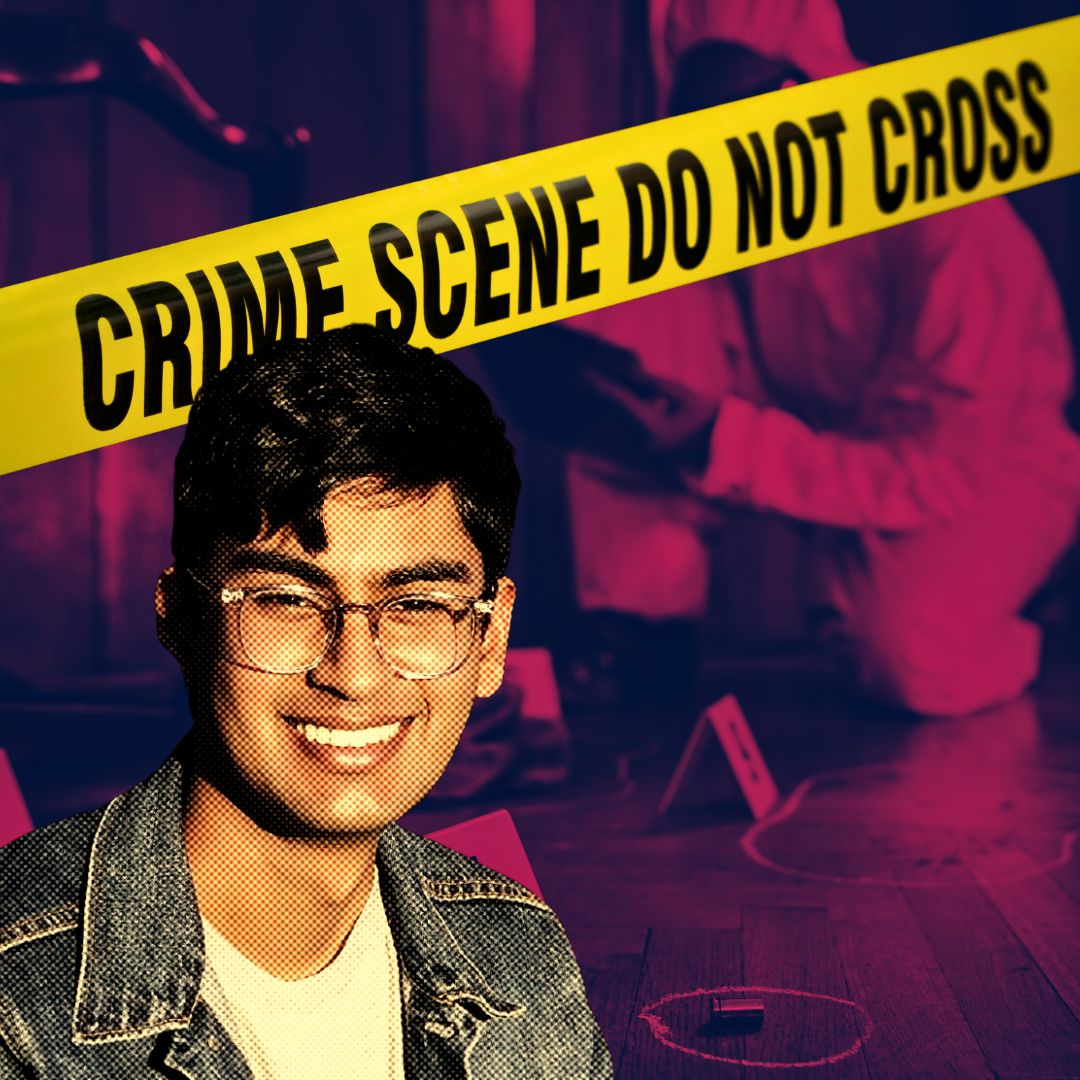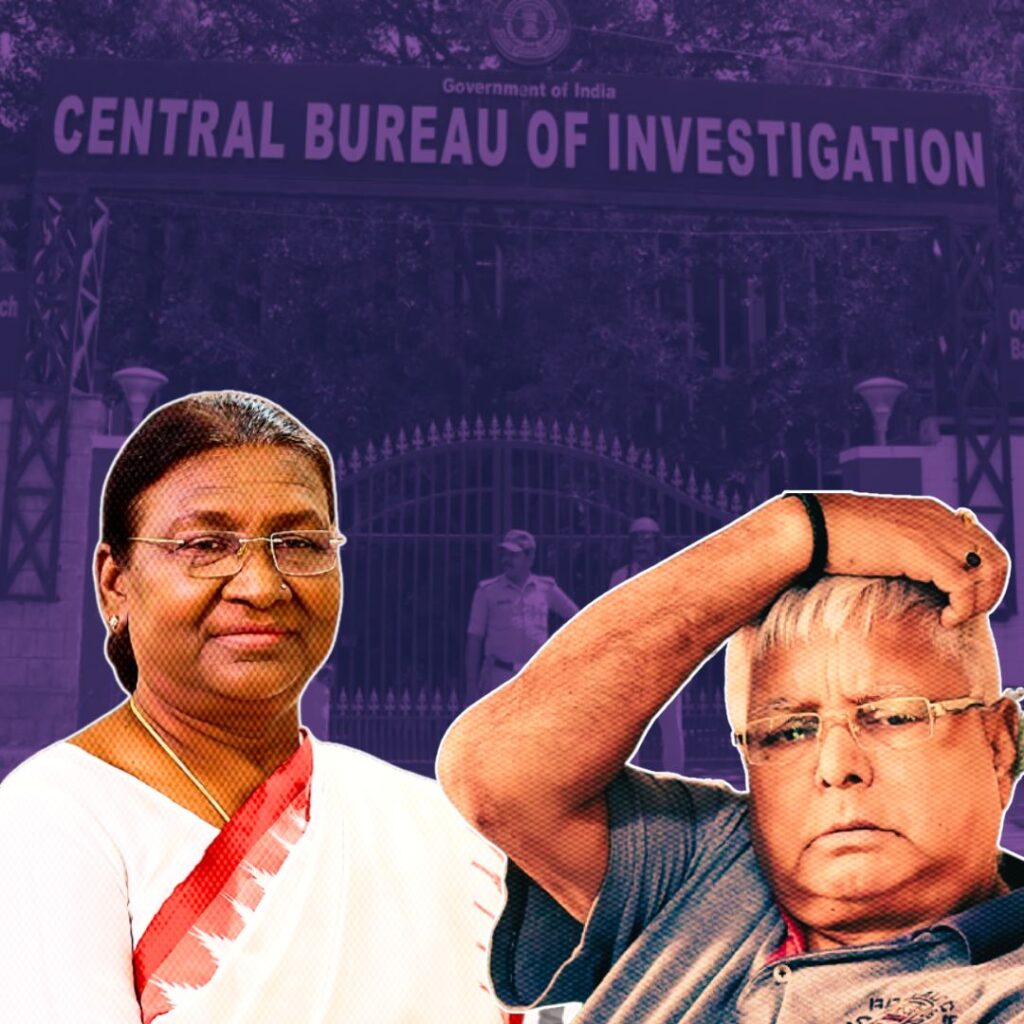Suchir Balaji, a 26-year-old former OpenAI researcher and whistleblower, was found dead in his San Francisco apartment on November 26, 2024. Authorities have ruled his death a suicide, with no evidence of foul play detected. Balaji had raised concerns about OpenAI’s alleged copyright violations related to its AI models, particularly ChatGPT, and was considered a key figure in ongoing legal disputes involving the company. OpenAI expressed deep sorrow over his passing, highlighting the loss of a talented individual.
Details Surrounding Balaji’s Death
Balaji was discovered deceased in his Buchanan Street apartment after friends requested a welfare check. The police confirmed that officers found no signs of foul play at the scene. The Medical Examiner’s Office has classified his death as a suicide, and his family has been informed. In the days following his death, Balaji’s insights regarding copyright issues in AI gained renewed attention, particularly his skepticism about the “fair use” defense for generative AI products like ChatGPT.
Background on Balaji’s Whistleblowing
Balaji worked at OpenAI from November 2020 until August 2024, contributing extensively to projects including ChatGPT. He became increasingly vocal about ethical concerns surrounding AI technologies and their implications for copyright law. His warnings about OpenAI’s practices potentially undermining content creators’ economic viability resonated widely within the tech community. This scrutiny coincided with ongoing lawsuits against OpenAI by various publishers and artists over alleged copyright infringements.
Reactions and Implications
The news of Balaji’s death has sparked significant discussions about mental health within the tech industry and the ethical responsibilities of AI companies. OpenAI expressed its condolences, stating they were heartbroken by the tragic news and emphasized the importance of supporting those who raise concerns about ethical practices in technology. As debates around AI ethics intensify, Balaji’s insights are being revisited as critical contributions to understanding the challenges posed by generative AI technologies.
The Logical Indian’s Perspective
The untimely passing of Suchir Balaji highlights the urgent need for dialogue surrounding mental health and ethical practices in the tech industry. As advocates for empathy and responsible innovation, we must reflect on how we can create environments that support whistleblowers and promote ethical standards in technology development. How can we collectively ensure that voices like Balaji’s are heard and valued in shaping a more equitable future for AI?











